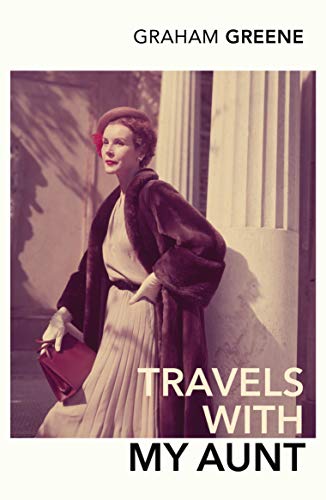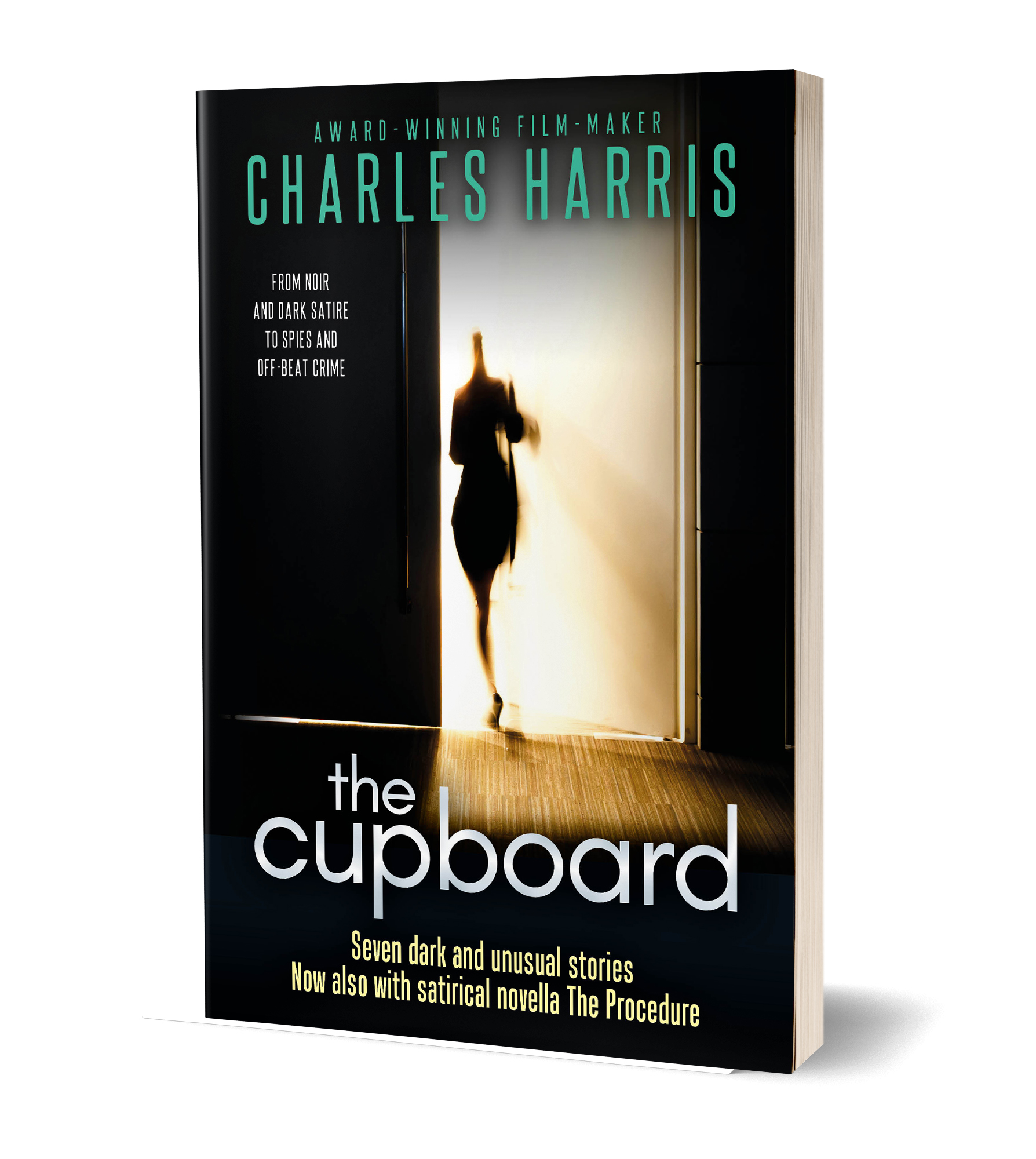Breaking bad? Review of Graham Greene’s Travels with My Aunt
30 Friday Oct 2020
REVIEW: TRAVELS WITH MY AUNT

I’m very into re-reading at the moment (if you’re interested there’s a great article on the subject by novelist Richard Bradbury) but this week’s review is of a book I re-read by accident.
To be accurate, I read it on purpose, but only realised after a chapter or two that I’d read it before. (Ironic, as my latest novel is about forgetting – insert favourite amnesia joke here).
So what does it say about a book if the reviewer can’t even remember having read it? Or about the reviewer?
Moral wrestling
Graham Greene is more usually remembered for rivetingly intense novels whose protagonists wrestle with their moral and spiritual flaws, rather than his comedies. However, he was quite capable of writing comedy and satire with an unexpectedly light touch.
Our Man in Havana, for example, wittily sends up the bureaucracy of MI6, with its story of a reluctant spy who fools his handlers into thinking that plans for a vacuum cleaner are in fact designs for a secret weapon.
Yet, Greene first came to fame with a series of thrillers, such as Brighton Rock and The Power and the Glory which increasingly dramatised the moral conflicts of Greene’s Catholic faith.
His work as a travel writer and, during the war, as a (apparently rather ineffectual) spy, allowed him to put his finger on the pulse of world events.
Novels resulted, set in crisis-torn areas from Vietnam and Haiti to South America and Central Africa, which seemed almost prescient in their range.
Travels with my Aunt
In Travels with My Aunt, Greene revisits many of his favourite locations, but with his compass set firmly in the direction of satire.
Narrated by retired and rather staid ex-bank manager, Henry Pulling, the book tells the story of his gradual awakening to the possibilities of life, goaded by his eccentric and iconoclastic aunt Augusta.
Stories about inhibited men being dragged back to life by headstrong and rule-breaking women are not unusual. They form, indeed, the backbone of just about every classic Hollywood screwball comedy.
However, what makes Aunt Augusta stand out, aside from her advanced age, is her refusal to be at all socially acceptable.
Most screwball heroines defy the norms of their society, but not of their audience. Greene refuses to make life so easy for himself.
Augusta is a reprobate. She is not merely morally flawed, she is criminal, fraudulent, narcissistic. She may or may not herself be racist (she is happy to use and then discard a black lover, though the man himself is hardly an angel).
However, she cheats, lies, smuggles, breaks laws and hearts with impunity. And she certainly consorts with racists and fascists and happily closes her eyes to their works.
Breaking bad
Many readers have reacted badly to the book. It’s always a problem with satire: it can be difficult to separate the characters’ flaws from the author’s own.
But personally I found Greene’s candour and bravery refreshing. In creating a foil for the stick-in-the-mud Henry, it would have been too easy, too simplistic, for him to make Augusta fun-loving yet nice.
By making her – and just about every other character – so rivetingly bad – he has made Henry’s moral choice that much more challenging.
Any fool can (hopefully) choose between dull conformity and nice fun. But what if the choice is between dull conformity and exciting evil?
Remember, this is from a novelist who has seen many of the greatest evils of the twentieth century at first hand.
In the end, we come back to Greene’s Catholic and moral dilemmas after all. And even as we laugh, we are chilled at what we are actually laughing at.
Reviewer amnesia
Which brings me back to my original question: how come that I’d forgotten that I’d read it?
I have three theories.
The first is that I might have read it first on my Kindle. There’s something odd that happens with Kindles, somehow the books are less memorable. But I checked my Kindle library and it’s not there.
The second is that the book is maybe not so good as Greene’s others. It’s true that the story is less gripping than his thrillers and less memorably funny than his best comedies.
Despite being a very visual writer, who loved cinema, it’s probably his least visually interesting novel. And flitting from country to country as it does, the book doesn’t have time to develop the strong sense of place that he does elsewhere.
But for all that, the book is well written. The scenes dramatic. The characters are vividly portrayed – from the shady lover Wordsworth to the mousy Miss Keene, rival for Henry’s affections. And of course Aunt Augusta herself.
My third theory is that I blanked it because of those characters. They are so shady and disreputable, and the dilemma is so uncomfortable, that I pushed it to one side.
I don’t know. I rarely forget books, so it’s a mystery. But it gave me a chance to do some re-reading, if only unintentional. And to (re)visit a great and challenging book that made me laugh, but also think about what makes man (and woman) tick.
One to remember.
Read more
Graham Greene’s Travels with My Aunt


2 Comments
March 14, 2023 at 2:19 am
At the point when I secure myself to compose, I can’t permit myself to ponder the edit or the analyst or anybody yet my characters and their story!
March 14, 2023 at 10:41 am
Hi Donna
Absolutely! Stephen King puts it well: you write your first draft with the door closed and the second draft with the door open. The composing comes first, the editing and analysing comes later. Anything else leads to madness and confusion.
Charles